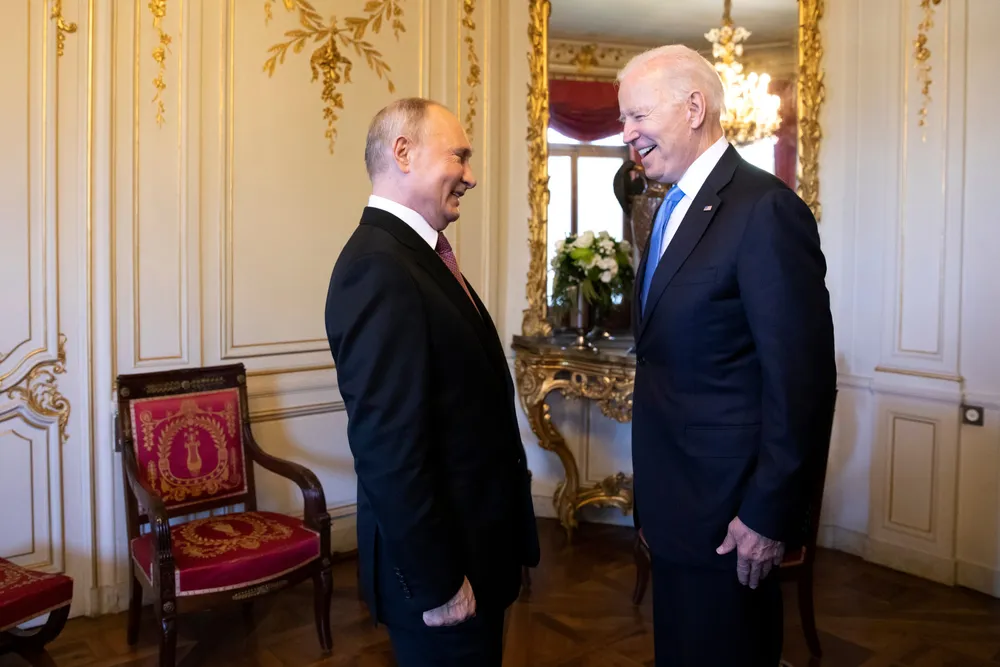OPINION: Biden and Putin push energy to the fringes in key Geneva meeting
Expectations of change in Kremlin's stance on West should remain low as meeting of US and Russian presidents largely fizzles out

Expectations of change in Kremlin's stance on West should remain low as meeting of US and Russian presidents largely fizzles out
